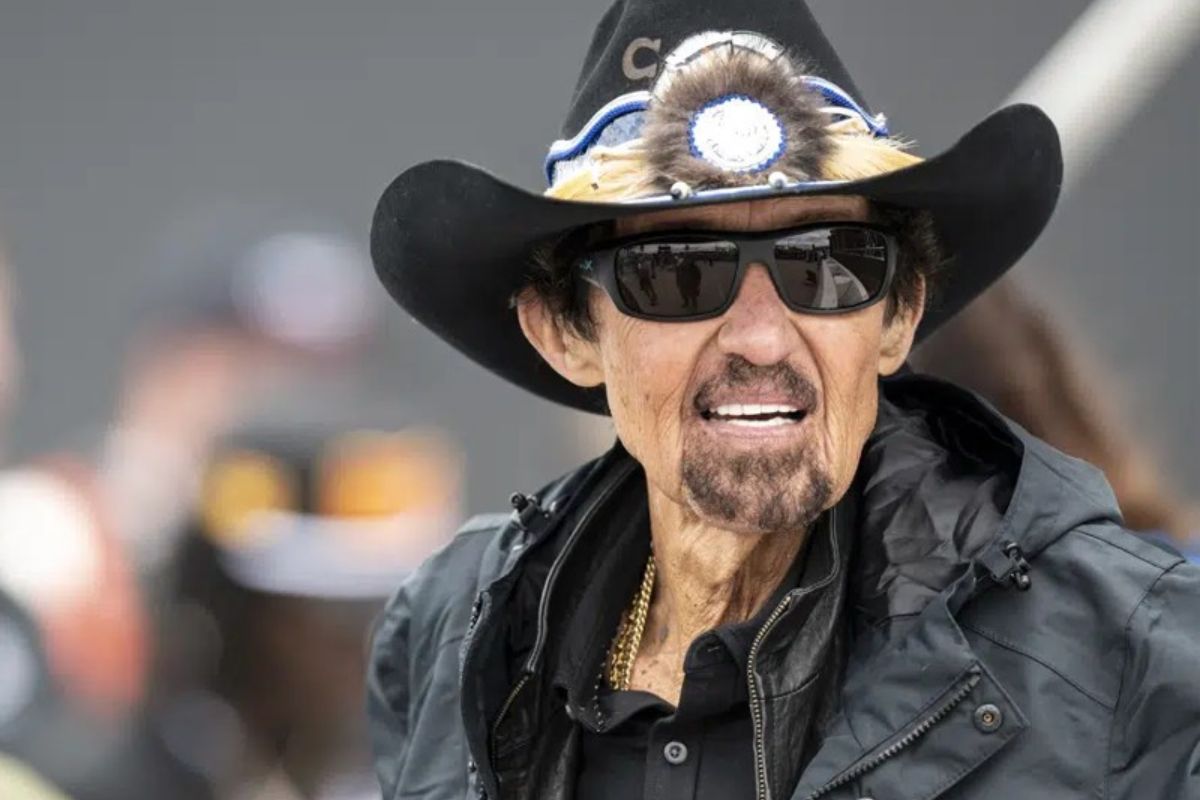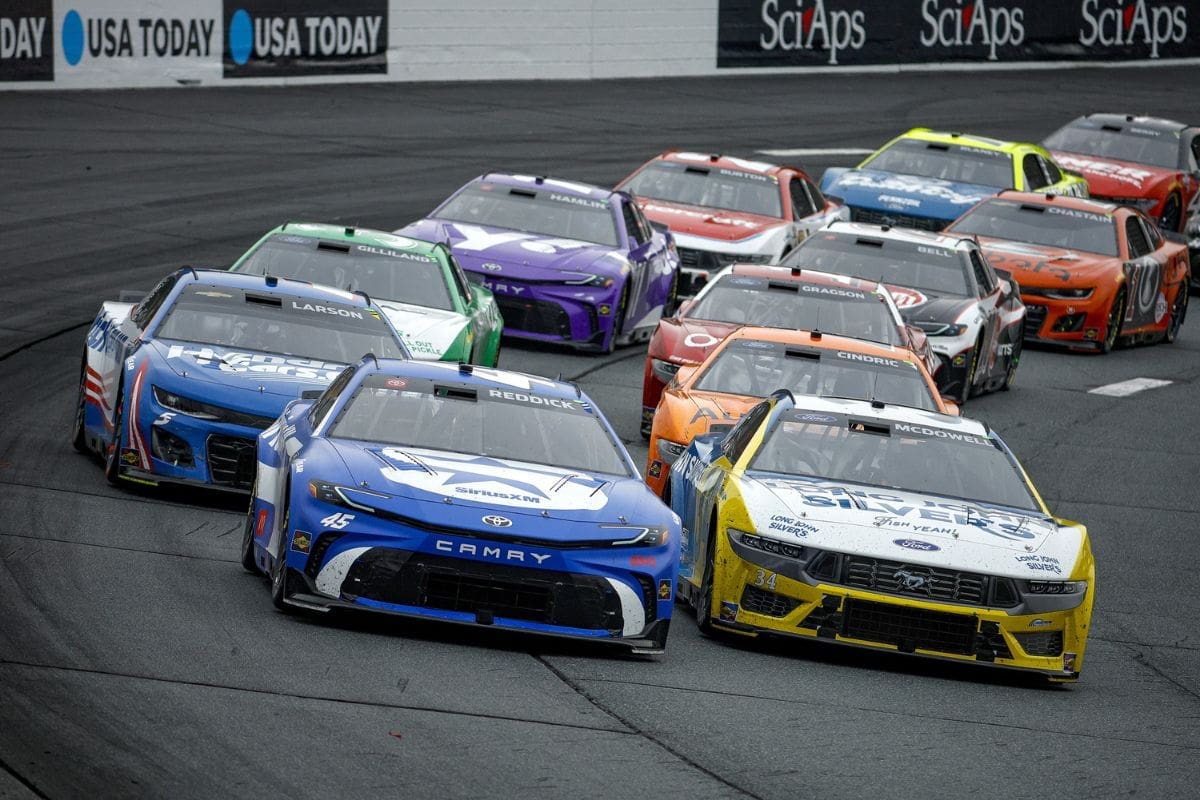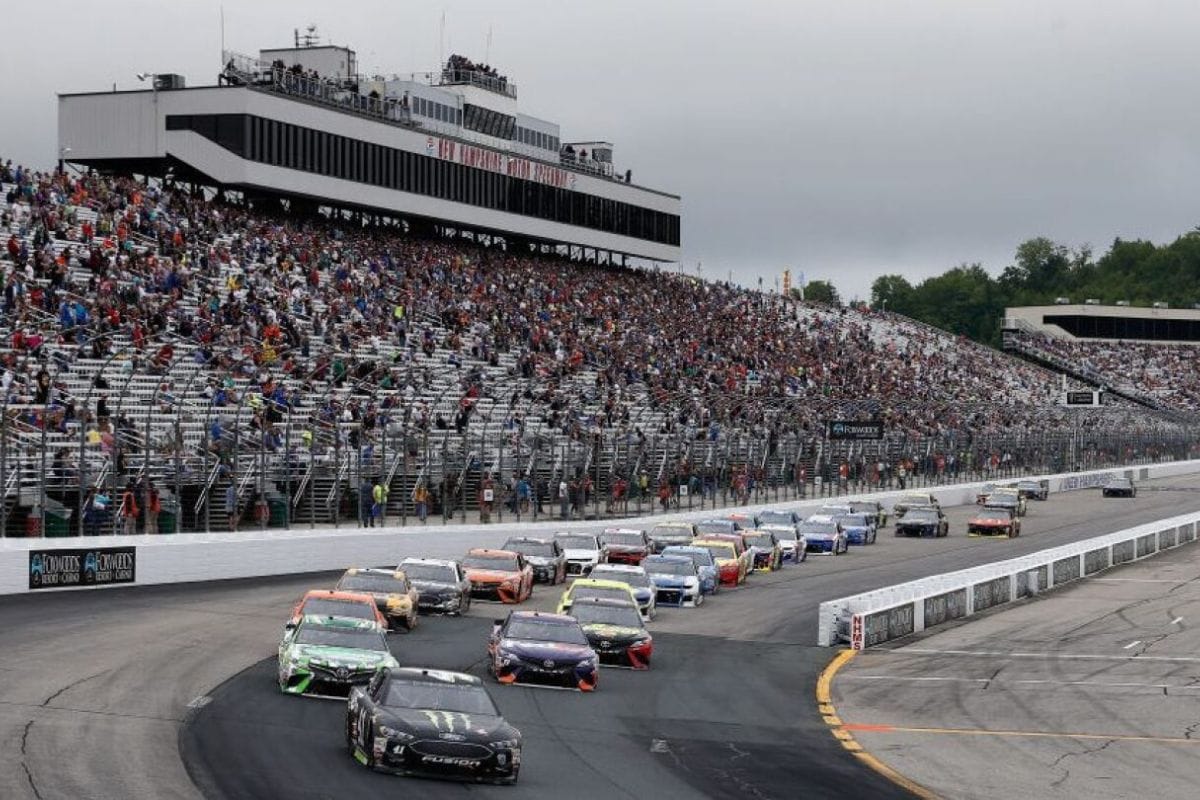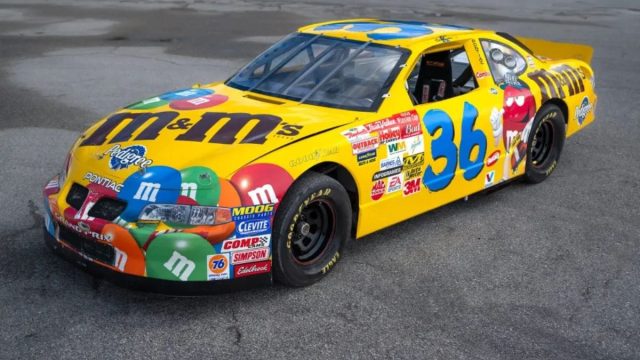Pontiac’s Surprising Exit From NASCAR: 2003 marked the end of a significant era for Pontiac. Known for its inventive spirit and association with legendary drivers like Richard Petty and Dale Earnhardt, Pontiac’s legacy includes 154 NASCAR victories. The final win, achieved by Ricky Craven at Darlington Raceway, symbolized its enduring competitive edge. The decision to leave NASCAR, influenced by corporate realignment within General Motors, caught many off guard, closing a chapter filled with memorable achievements and passionate fan support. This dramatic departure set the stage for the brand’s eventual dissolution in 2009, a chapter worth exploring further.
Key Highlights
- Pontiac’s departure from NASCAR in 2003 followed a recent victory, surprising fans and industry insiders.
- Corporate decisions and General Motors’ priorities influenced Pontiac’s exit from NASCAR.
- Despite winning races and championships, Pontiac’s exit caught many by surprise due to its recent competitive success.
- Fan reactions ranged from nostalgia to disappointment, highlighting Pontiac’s significant impact on NASCAR.
- Notable drivers like Bobby Labonte and Tony Stewart reflected on Pontiac’s unique role in their careers.
Founding and Early Success
More than three-quarters of a century ago, Bill France Sr. founded the National Association of Stock Car Auto Racing (NASCAR), setting the stage for Pontiac’s entry into the racing world in 1950 and its subsequent landmark victory with the iconic ’56 Chieftan driven by Cotton Owens. This victory heralded the beginning of Pontiac’s founding success in NASCAR, marking it as a formidable competitor in the burgeoning stock car racing scene.
In the early years, Pontiac swiftly rose to prominence, showcasing its early dominance through a series of strategic innovations and carefully crafted designs. The brand’s commitment to performance and reliability translated into a growing number of victories on the track, which in turn accelerated its rising popularity among racing enthusiasts and the general public. The sleek lines and powerful engines of Pontiac vehicles captured the imagination of fans, solidifying its place in the pantheon of racing legends.
However, this path was not without its unexpected challenges. The competitive landscape of NASCAR was fierce, with numerous manufacturers vying for supremacy. Pontiac had to continually innovate to stay ahead, pushing the boundaries of automotive design and technology. Despite these hurdles, the brand’s engineering skills and strategic vision allowed it to navigate the complexities of the racing world effectively.
Legendary Drivers and Wins
Throughout its storied history in NASCAR, Pontiac was celebrated for its association with legendary drivers and its impressive tally of victories. The brand’s foray into stock car racing saw it become synonymous with some of the sport’s most iconic moments and intense driver rivalries. Among the luminaries who piloted Pontiac machines to victory were Fireball Roberts, David Pearson, and Richard Petty. These names alone evoke the golden era of NASCAR, where every race was a theater of speed and skill.
Pontiac’s legacy includes 154 wins, each contributing to a narrative rich with unexpected victories and record-breaking wins. One of the most historic races involving Pontiac machinery was the 2003 Darlington Raceway, where Ricky Craven drove his Pontiac Grand Prix to a hair-raising finish. Craven’s win over Kurt Busch by a mere 0.002 seconds remains one of the closest finishes in NASCAR history, marking an unforgettable chapter in the brand’s racing annals.
The achievements of drivers like Dale Earnhardt and Rusty Wallace further solidified Pontiac’s reputation. Earnhardt’s fierce competitiveness and Wallace’s relentless pursuit of excellence demonstrated the brand’s ability to thrive in the crucible of NASCAR’s most challenging circuits. Moreover, Bobby Labonte and Tony Stewart’s contributions highlighted Pontiac’s versatility and resilience across different racing eras.

Final Victory and Departure
Pontiac’s final victory in NASCAR, marked by Ricky Craven’s electrifying photo-finish at the 2003 Darlington Raceway, encapsulated the brand’s racing excellence and signaled the end of an illustrious chapter in motorsport history. Craven’s razor-thin margin of victory over Kurt Busch, a mere 0.002 seconds, remains one of the most iconic finishes in NASCAR. The memorable race, often described as one of the greatest in the sport’s history, served as a fitting final achievement for Pontiac, highlighting its competitive spirit and engineering capabilities.
The victory at Darlington was not just a validation of Craven’s driving skill but also of the resilience and ability of Pontiac’s racing team. Craven himself would later reflect on the significance of that day, acknowledging the poignant ending by stating, ‘It is hard to think that our win that day will be the last ever for Pontiac.’ This statement would resonate deeply with fans and historians alike, as Pontiac’s unexpected departure from NASCAR was announced just a few months later.
Pontiac’s decision to exit the sport at the end of the 2003 season marked a turning point. The announcement came as a shock to many within the racing community, who had seen the brand as a staple of the track for decades. This poignant ending left a lasting impression, as the final victory at Darlington crystallized the legacy of a brand that had consistently delivered memorable performances and iconic finishes.

End of an Era in Racing
Closing the book on a storied and illustrious presence in motorsport, Pontiac’s departure from NASCAR in 2003 marked the end of an era that had been defined by innovation, fierce competition, and numerous unforgettable victories. The brand’s impact on the sport was profound, leaving a legacy that resonates deeply within the NASCAR community.
From the Grand Prixs that dominated the tracks to the unforgettable moments like Ricky Craven’s breathless win at Darlington in 2003, Pontiac’s contributions were numerous and significant.
The decision to exit was rooted in a series of corporate decisions, reflecting the shifting priorities within General Motors. With Chevrolet and Ford proving untouchable on the track, Pontiac’s struggle to keep pace was evident. Despite this, the abrupt nature of their departure caught many by surprise, especially considering the recent championship victories by Joe Gibbs Racing’s Grand Prixs in 2000 and 2002, with Bobby Labonte and Tony Stewart at the helm.
From the perspective of drivers, the departure marked a poignant shift. Many who had piloted Pontiac vehicles, like Labonte and Stewart, reflected on the brand’s unique place in their careers and the sport’s history. The industry repercussions were significant, as the competition landscape shifted and teams had to navigate new alliances and strategies.
Fan reactions were a mix of nostalgia and disappointment. Pontiac’s 154 premier series wins, ranking them sixth all-time, highlighted their formidable presence. The lasting impact of their exit is felt even today, a reminder of an era where innovation and fierce competition ruled the tracks.

Final Demise of Pontiac
As Pontiac’s departure from NASCAR signaled a significant shift in the motorsport landscape, the broader challenges faced by the automaker soon culminated in its complete dissolution amid the economic turmoil of 2009. This marked a poignant end to a brand that had long been synonymous with American muscle and automotive innovation. Pontiac’s financial struggles were not just the result of fleeting market conditions but were deeply rooted in several critical factors.
The 2008 financial crisis exacerbated Pontiac’s already precarious position, as General Motors (GM) grappled with severe economic downturns. However, Pontiac’s struggles were compounded by years of marketing missteps and an inability to adapt to evolving industry changes. The automaker’s reliance on a legacy that had lost resonance with newer generations of car buyers proved detrimental. Despite efforts to revive the brand, Pontiac could not reclaim its former glory amid shifting consumer preferences and regulatory demands emphasizing fuel efficiency over raw power.
Brand loyalty, once a cornerstone of Pontiac’s market strength, began to wane. The loyalists who had championed iconic models like the GTO and Trans Am found fewer reasons to remain committed as the product lineup grew increasingly diluted. GM’s announcement to retire the Pontiac badge in 2009 was a stark acknowledgment of these realities.
The legacy impact of Pontiac’s dissolution is profound. It signifies not just the end of a beloved brand but also a transformation in the American automotive landscape. The last Pontiac rolling off the production line in 2009 marked the closure of a significant chapter in automotive history, leaving enthusiasts and industry insiders to reflect on what once was and what could have been.
News in Brief: Pontiac’s Surprising Exit From NASCAR
Pontiac’s departure from NASCAR in 2003 marked the conclusion of an era characterized by early successes and numerous victories with legendary drivers. The brand’s final win symbolized the apex of its significant contributions to the sport.
However, the subsequent decline and eventual discontinuation of Pontiac as an automaker highlighted the shifting dynamics within the automotive industry. The legacy of Pontiac’s impact on NASCAR endures, reflecting a storied chapter in racing history that remains influential.
ALSO READ: The Lost Manufacturers of NASCAR: A Legacy Remembered
